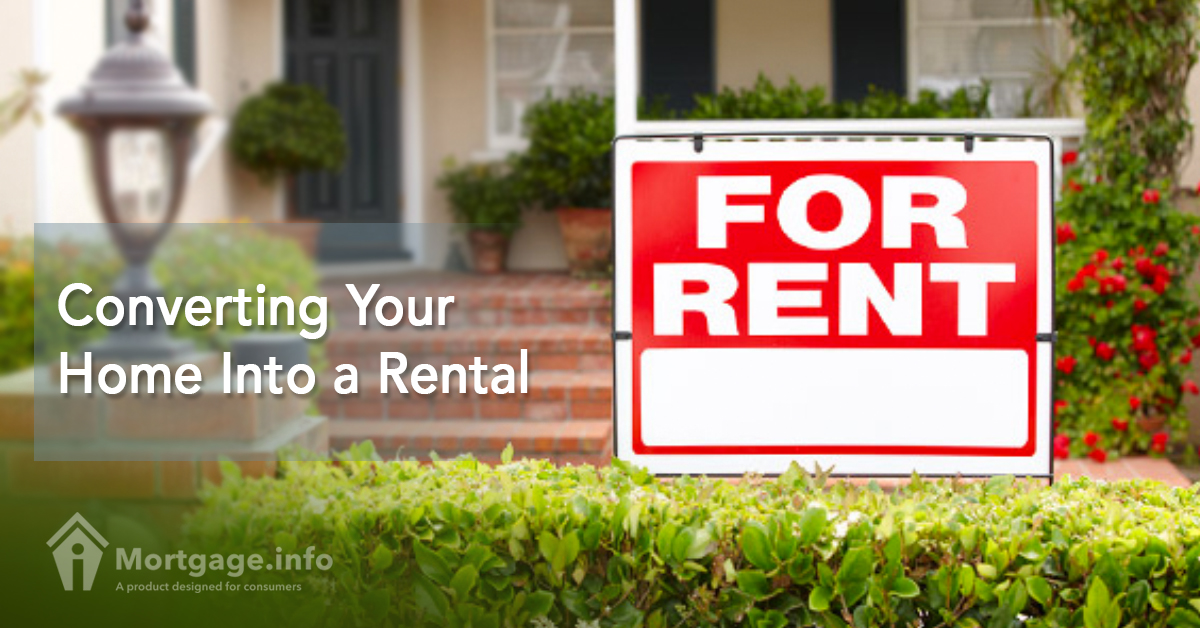
According to a 2015 American Community Surveyof the US Census Bureau, 37 percent of American household are renter-occupied. Recent housing studiesalso show a shift from owning to renting among different types of individuals, not just the millennials.
Indeed, renting is becoming more plausible for many people. The flexibility of not having to face the hassle of home repairs or mortgage payments appeals to those who want more freedom in their engagements, or simply cannot afford the hefty cost of homeownership.
In this regard, many homeowners are looking to take advantage of the trend by turning their own residential properties into rentals. But is it allowed to just suddenly decide to rent out your primary residence without expecting any legal circumstances?
A Case of Conflict
Buying a property which will be your primary residence and buying one that will be considered a rental property have different financing requirements. That is why you cannot just flip the papers and convert your home into an income-generating space. In the mortgagelending industry, it is largely considered as a fraud, since financing rental properties typically have more stringent requirements, higher down payment, and interest rates, among others.
So is it possible for this conversion to happen, especially when you need a change of residence but don’t intend to sell your property?
Good news!
Yes, it is possible. But doing so would require you to be knowledgeable about your local laws on rentals.
Before you proceed, check with your state, county, or region if there are legislations that would prevent you from doing so. Laws may vary by state and by region so one rule in one state may not apply to your area.
Talk to your lender.Typically, lenders would expect you to occupy the home for a minimum of 12 months if you’re getting a mortgage for an owner-occupied property. As diverse as legislations are, lender rules may also vary. Speak with your lender about your plan and if there are possible circumstances for doing so.
If you’re lucky, your lender will be willing to flex their rules to accommodate your request, such as when you’re having a difficulty meeting your mortgage payments because of a job issue. Lenders are more likely to compromise than lose your business.
Contact your insurance company.The homeowner’s insurance policy that you currently hold will no longer apply if you convert your property into a rental. Let them know to sever the unnecessary payment. Or, see to it to change your policy according to the new setup. Also, it pays to convince your tenants to buy a renters insurance to buffer them from any possible loss.
Know your taxes.A vital part of going landlord mode is knowing what taxes you are and are not required to pay. Meet with your accountant to tackle the tax repercussions of your intention to convert your home into an investment property. Most likely, you will have to look into depreciation, the loss on sale or its gain, etc.
Be prepared.No, being a landlord may not be as easy as you think – sitting comfy and just waiting for the money to come in. Your tenants will occasionally come knocking at your door or hitting your phone because of a problem with the sink, and you will need to hire people to do the necessary maintenance and repair work. It’s a job as much as it is a perk.
So don’t lose yourself in the daydream and take care of the technicalities. Turning your home into a rental, either because of a monetary need or a strategic financial move, is an important and critical decision. Prepare right and only then can you expect good results.
